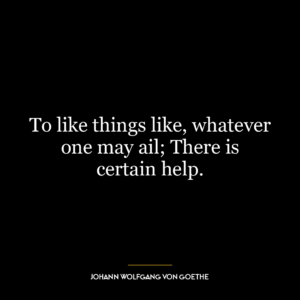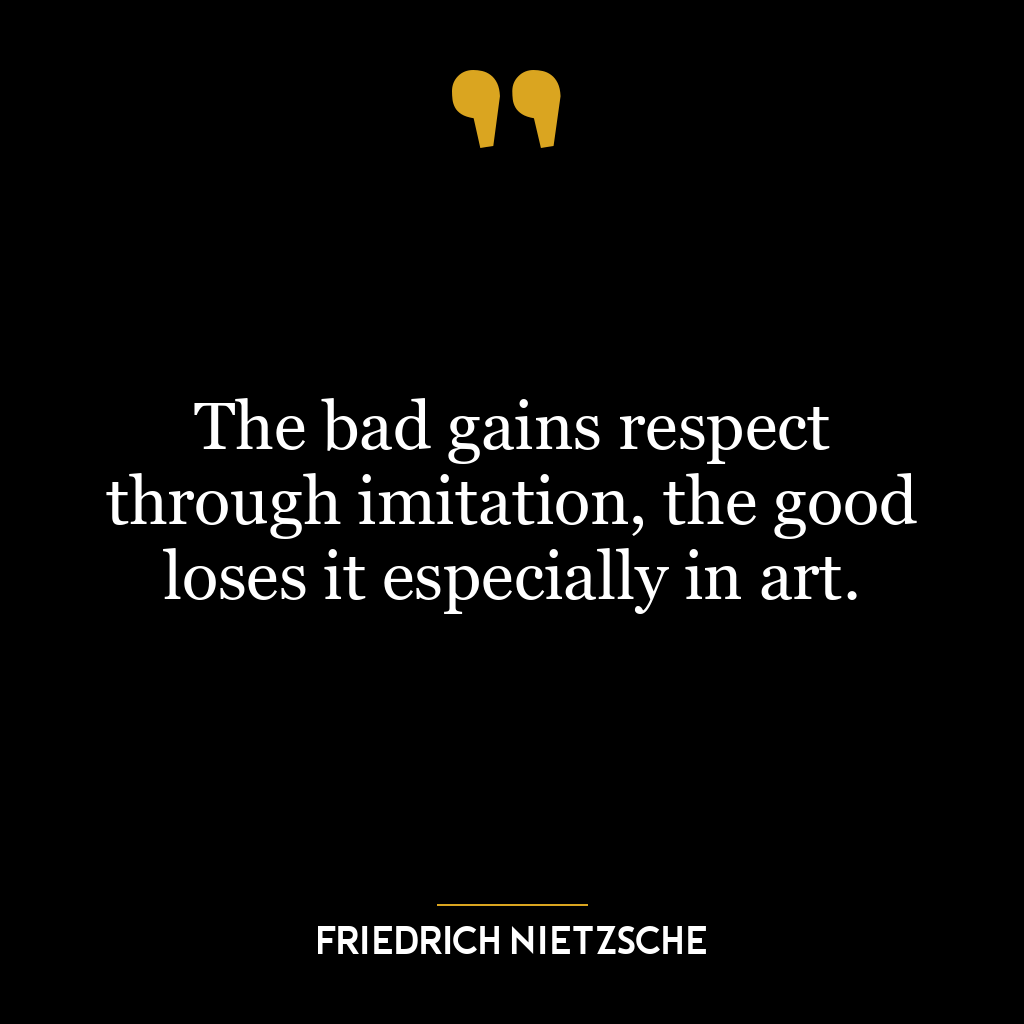This quote suggests that true respect for a person is earned when they exhibit selflessness, rather than always prioritizing their own interests. It emphasizes the value of altruism, the selfless concern for the wellbeing of others, as a highly respected quality in an individual. The quote implies that a person who consistently puts himself or herself first, tends to lose the respect of others.
In the context of today’s world, this quote is more relevant than ever. In an era characterized by individualism and self-promotion, the act of prioritizing others over oneself is increasingly rare and therefore, more valued. This could apply in various settings such as workplaces, where leaders who prioritize the needs and wellbeing of their employees over their personal gains are often more respected. Similarly, in personal relationships, individuals who consistently show concern for others’ feelings and needs are likely to be held in high esteem.
In terms of personal development, this quote encourages the cultivation of empathy and altruism. It suggests that by learning to prioritize others and not always looking out for oneself, one can earn the respect of others. This does not mean neglecting one’s own needs, but rather finding a balance between self-care and care for others. It encourages the development of emotional intelligence, the ability to understand and manage one’s own emotions, and to empathize with others. This is a crucial skill in building healthy, respectful relationships both personally and professionally.
Therefore, the essence of this quote is the promotion of selflessness and empathy as key to earning respect in society. It serves as a reminder that respect is not an entitlement, but something that is earned through our actions and behavior towards others.















